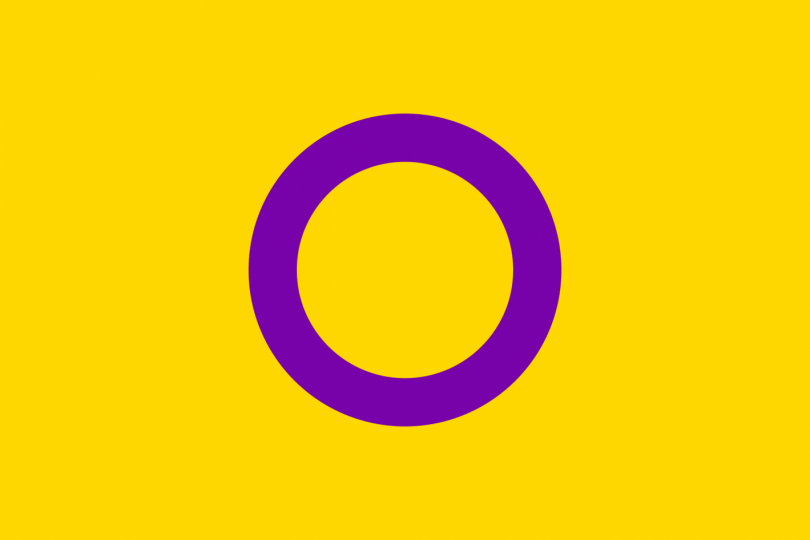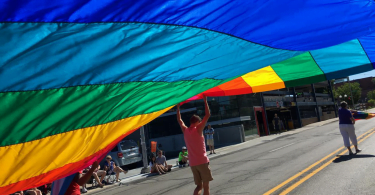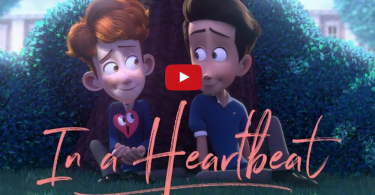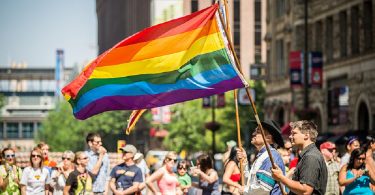In what is believed to be the first successful case in the US, last year Kelly Keenan was declared intersex on her birth certificate after appealing to the high court.
Although this is yet to occur in the UK, for intersex bodied people this is a landmark achievement, paving the way for more individuals to apply for similar changes to their birth records.
What is Intersex?
Intersex – the ‘I’ of the LGBTQIA acronym – is when someone is “born with a physical sex anatomy that doesn’t fit medical norms for female or male bodies.” Someone who is intersex may have been born genetically male but with female genitalia, resulting in a mixed reproductive anatomy. In the medical profession, sex is assigned arbitrarily, based on physical appearance rather than genetics, which leads to miscalculation when placing new-borns into distinct male and female categories.
When Keenan was born, medical records identified her as male, yet this was then switched to female just weeks later; as a teenager, she started hormone therapy, and underwent surgery to remove testicular tissue (although doctors claimed they were removing ovaries); and in 2009, after stumbling upon an online article and subsequently meeting with an endocrinologist, she discovered that she was intersex.
Keenan went public with her story because she wants to raise the profile of intersex lives, in order to change the law on birth certificates, prevent discrimination, and protect the human rights of this increasingly marginalised group.
There is a possibility that Keenan underwent genital surgery as an infant, although this is unclear. Gender reassignment surgery in infants developed in the 1950s at John Hopkins University. Medical textbooks gave advice to doctors about how to lie to parents with intersex offspring, in order to “normalise” babies into two distinct binaries of gender through invasive surgery.
This surgery raises important questions about the human rights of intersex people. Zeid Ra’ad Al Hussein, UN High Commissioner for Human Rights, said “Far too few of us are aware of the specific human rights violations faced by millions of intersex people. Because their bodies don’t comply with typical definitions of male or female, intersex children and adults are frequently subjected to forced sterilization and other unnecessary and irreversible surgery, and suffer discrimination in schools, workplaces and other settings.”
Campaigns for transgender rights have been increasingly publicised in the past few years, but intersex issues are still largely misunderstood – even within the LGBTQIA community itself. This news marks a huge step forwards in recognising intersex people, helping the wider public to understand more about sex, gender, and human anatomy.
IntersexUK is a charity and human rights organisation working to achieve equality of intersex bodied people. More information and support can be found on their website http://www.intersexuk.org









